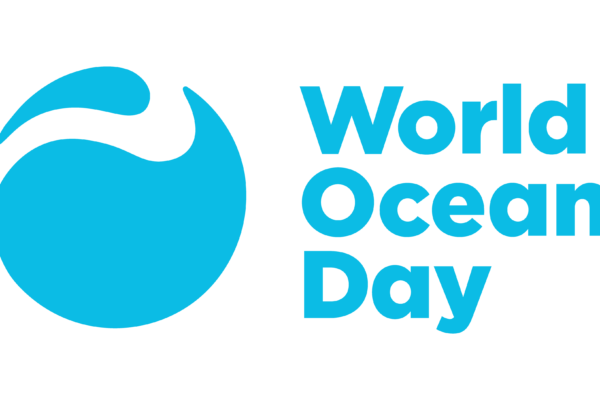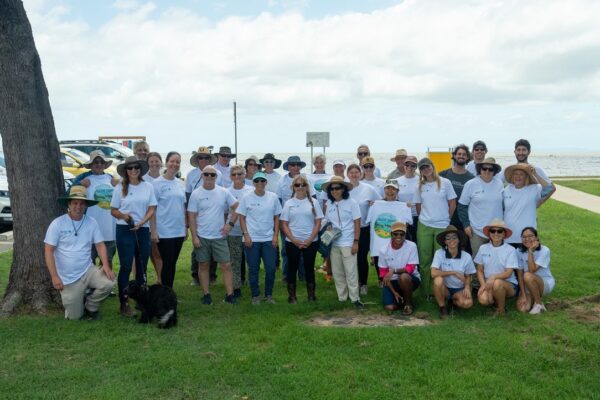Everyone needs a little sugar! But at what cost? Chocolate and bouquets of roses are Valentine’s Day staples and–like many staples in our lives–they become so familiar we often forget to really think about them. Unfortunately, these sweet mementos often have more sinister origins than you would expect. Read on for some tips for having a Valentine’s Day that will make your belle or beau and our blue backyard feel appreciated!


Cocoa farming… not so sweet
Chocolate may seem as American as Apple Pie (which is not actually so American!), but cocoa is actually produced far from where it is typically marketed. The cocoa industry has had serious issues with child labor in the past; a 2005 report from the International Labour Organization found there were 200,000 children working in the cocoa industry in Côte d’Ivoire. Much cocoa farming also contributes to rainforest and old-growth deforestation. In addition, a shockingly wide variety of chocolate products use palm oil. Palm oil plantations are responsible for rainforest destruction and harm threatened species such as orangutans, the Sumatran tiger and the Asian rhinoceros.
These are not facts likely to get your sweetheart in the mood!
These are not facts likely to get your sweetheart in the mood!
Chocolate as ethical as it is tasty
Luckily, there are many ethical chocolate options out there!
- Check out Ethical Consumer’s boxed chocolate guide: This is a great resource, and comes with sliders so you can rank by what’s most important to you (environmental impact, sustainability, animal rights, etc).
- They also have a Chocolate Bar guide if you want to think outside the box J
- The Ethical Superstore also has a multitude of sustainable Valentine’s Day gift ideas
- Here’s a list of 5 Easy-To-Find (mostly) ethical chocolates
Every rose has its thorn, or should I say thorns?

Looks can be deceptive. A beautiful bouquet of flowers on your dining room table could be the result of an environmental mess elsewhere in the world. Like chocolate, most flowers are grown 1,000-2,000 miles away from where they are eventually sold. That’s a lot of carbon! And when it comes to ethical farming, out of sight is definitely out of mind. Not only are excessive amounts of fertilizers, herbicides, and pesticides used to grow the flowers, they must also arrive pest-free. A common “sanitizer” is methyl bromide, a serious ozone depleter. Don’t forget—the many workers on these farms are exposed to these chemicals on a regular basis.
(Organic) Flower Power!
Don’t worry, there are plenty of growers who are dedicated to providing your loved ones with an ethical centerpiece.
- Always buy local first! Venture out into the world, and talk to your local florists. Ask them about their flowers and try to buy ones grown organically, nearby, before ordering out.
- Ethical Consumer also has a great report on the most responsible big florists
- Organic Bouquet is all organic flowers
- Some large florists like FTD do have green options
- Check sites like Local Harvest and Veriflora for ethical florists near you!
Extra Credit

Want to make a unique impression on your date and support conservation? Buy your love bug a chocolate covered roach from the Bronx Zoo! For $10 you can name a hissing cockroach after the object of your affection, and dropping $25 gets you “a hand-painted, artisanal chocolate roach.” Delicious.



